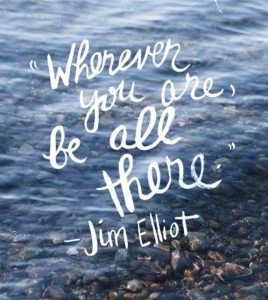Today’s blog comes to you early in the new year with a topic that fascinates me – Communication. Particularly, communication about planning health care directives.
The topic of communication can be defined in many ways. Merriam Webster defines communication as:
-
the act or process of using words, sounds, signs, or behaviors to express or exchange information or to express your ideas, thoughts, feelings, etc., to someone else
-
a message that is given to someone : a letter, telephone call, etc.
Sounds simple enough, doesn’t it? On the surface, it is simple. We exchange information to express ideas, thoughts, feelings to someone or we deliver a message to another.
When beginning research on the topic of speaking with loved ones about planning health care directives and sharing wishes about how they envision the quality of their lives, it was sobering to learn how infrequently communication occurred between loved ones about these topics. It was inspiring to learn of sources who actively provide resources to encourage communication. It may be helpful to know about resources available today in the US to check out before you have those “Heart to Heart Talks”.
CODA Alliance and global partner organizations are making inroads regarding end-of-life conversations – now recognized as a necessity. CODA Alliance develops tools to help families introduce these conversations in a more comfortable way; one that also encourages people to have conversations before loved ones become ill. In fact, understanding the dire need for end-of-life conversations, major medical centers have begun to provide classes to help their teams hold the conversations with patients. And, many family and senior centers now offer classes to help families deal with the issues. At the same time services, including Fiduciaries and estate planners, are integrating Coda’s Go Wish cards into end-of-life discussions.
CODA Alliance, backed by research, is committed to working with families and partners to help:
- community members learn about end-of-life care options
- provide positive, easy ways to encourage and help families and professionals hold more comfortable discussions at any stage of life. For example, CODA created Go Wish cards that have been and are still being translated into various languages. The playing cards offer an educational, entertaining method to help families determine what’s important to them in preparing for end-of-life wishes and actions
- bring organizations together to help overcome barriers to end-of-life care and preparation.
“If we can overcome the stigma of talking about end-of-life, we can ensure that families are prepared to follow their loved one’s wishes before they can’t tell us what they want,” said Julie Groves, CODA Alliance Board member. She also mentioned that CODA is in the process of expanding their website to provide more resources and languages for professionals, families and those dealing with end-of-life issues. Learn more at: The Coda Alliance.

We love assessing readiness from all perspectives and invite you to explore how The Living Planner’s services may benefit you and your loved ones.
Contact us via Email or online @ The Living Planner
